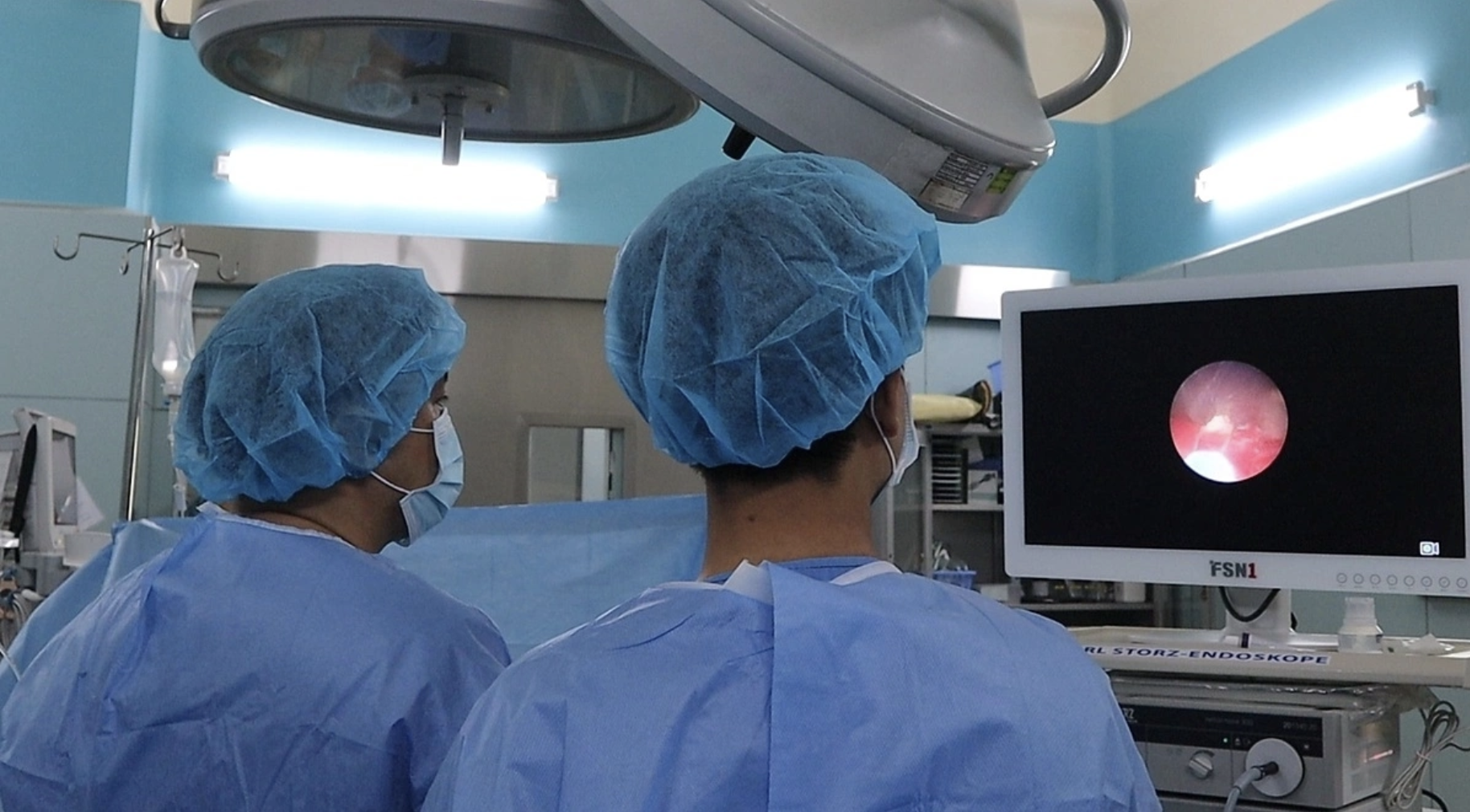Kidney stones, once primarily affecting middle-aged individuals, are now increasingly common among young people, including students and working professionals. Lifestyle changes, inadequate water intake, and poor dietary habits are the primary drivers of this trend, according to Dr. Neelam Vashisht, a nephrologist at Kolkata Hospital in India.
Dehydration is a major contributor to kidney stone formation. Students and office workers often spend long hours on computers or engaged in continuous work, often neglecting proper hydration.
Insufficient water intake reduces urine volume, causing minerals like calcium and oxalate to become concentrated in the kidneys, leading to stone formation. This issue is exacerbated by rising temperatures and irregular drinking habits.
Young people frequently consume fast food, excess salt, processed foods, and sugary drinks, all of which contribute to increased calcium and oxalate levels in the urine.
Excessive consumption of animal protein from red meat or high-protein diets also decreases urinary citrate, a natural inhibitor of kidney stone formation. Unfortunately, many young people are unaware of the direct impact these everyday habits have on kidney function.
 |
A doctor performs percutaneous nephrolithotomy at Binh Dan Hospital. Photo: Tran Nhung |
The unregulated use of supplements, particularly those rich in calcium, vitamin D, and protein powder, has become a silent culprit.
Many supplements are marketed as "healthy" and readily available, but their overuse without medical guidance can lead to increased calcium excretion or alter urine chemistry, promoting stone formation. Insufficient water intake while using supplements further elevates this risk.
Symptoms such as dull pain in the flank area, burning sensation during urination, blood in the urine, or frequent urinary tract infections should not be ignored. Many young people often mistake early symptoms for muscle strain or lifestyle-related stress, delaying timely diagnosis and treatment.
One common misconception is that drinking milk causes kidney stones. In reality, moderate calcium intake from natural sources like milk tends to bind with oxalate in the gut, reducing the risk of kidney stones.
Another misconception is that kidney stones only affect older adults or those with a family history of the condition – this is no longer true, especially in modern society with its high stress levels and poor hydration habits.
My Y (Times of India)












